In the world of technology, desktop computers have been a staple for decades. They have evolved from massive mainframes that occupied entire rooms to sleek, powerful machines that can fit on your desk. One question that often arises when considering a desktop PC is its weight. Understanding the weight of a desktop computer is essential for various reasons, such as portability, transportation, and the overall durability of the device. In this article, we will explore the factors that contribute to the weight of a desktop PC, the average weight range of different types of desktops, and the implications of these weights on their use.
1. Introduction
Desktop computers have become an integral part of both work and personal life. Their processing power, graphical capabilities, and expandability make them an attractive option for a wide range of users. While laptops and smartphones are popular for their portability, desktop PCs are known for their raw power and upgradability. However, one drawback to these advantages is their weight, which can vary significantly based on the computer’s form factor, components, and materials.
2. Factors Affecting Desktop PC Weight
Several factors contribute to the weight of a desktop computer. These factors include the form factor, materials used in construction, and the components installed within the computer’s case.
2.1 Form Factor
Desktop PCs come in various form factors, each designed to cater to specific needs. The most common form factors include tower, mini-tower, all-in-one, and compact PCs. Tower PCs are usually larger and heavier due to their spacious interiors that allow for better airflow and easier component installation. Mini-tower PCs are smaller and lighter but still offer a reasonable amount of upgradability. All-in-one PCs, which integrate the computer components into the monitor, tend to be heavier than standard desktops as they house all the hardware in one unit. Compact PCs, often used for specialized purposes or as media centers, are the lightest of the desktop PC options.
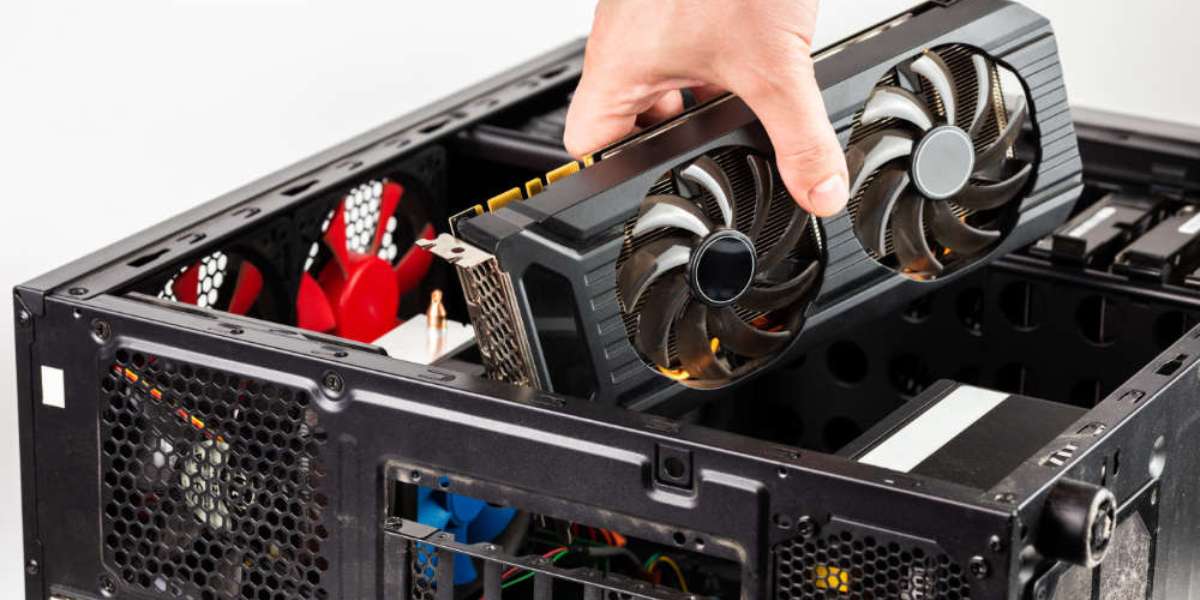
2.2 Materials Used
The materials used in the construction of a desktop PC play a significant role in its overall weight. Traditional desktops often have cases made of steel or aluminum, which can add to their weight. On the other hand, compact PCs and all-in-one models may utilize more lightweight materials like plastic to reduce their overall mass.
2.3 Components Installed
The components inside a desktop PC can vary widely, depending on the user’s requirements and preferences. High-performance PCs designed for gaming or professional tasks may include powerful graphics cards, multiple storage drives, and advanced cooling solutions. These components can significantly contribute to the weight of the computer. Conversely, basic desktops with less powerful hardware will be lighter.
3. Average Weight Range of Desktop PCs
Now, let’s explore the typical weight range of different types of desktop PCs:
3.1 Tower PCs
- Standard tower PCs, commonly used for office work and general computing, usually weigh between 15 to 30 pounds (6.8 to 13.6 kilograms).
- High-performance gaming towers can range from 30 to 50 pounds (13.6 to 22.7 kilograms) due to their robust cooling systems and powerful components.
3.2 Mini-Tower PCs
Mini-tower PCs, being smaller versions of standard towers, weigh less, generally between 10 to 20 pounds (4.5 to 9 kilograms).
3.3 All-in-One PCs
All-in-one PCs combine the computer components and monitor into one unit. Their weight can range from 10 to 30 pounds (4.5 to 13.6 kilograms), depending on the screen size and internal hardware.
3.4 Compact PCs
Compact PCs, such as Intel NUC or mini-ITX builds, are the lightest among desktops, weighing around 2 to 10 pounds (0.9 to 4.5 kilograms).
4. Implications of Desktop PC Weight
The weight of a desktop PC can have several implications for users:
4.1 Portability and Transportation
- Lighter desktop PCs, like compact and mini-tower models, are easier to transport, making them suitable for users who may need to move their computers between locations regularly.
- Heavier desktops, such as high-performance gaming towers, are less portable and are better suited for stationary use.
4.2 Durability and Stability
- The weight of a desktop PC can impact its stability. Heavier computers are less likely to tip over accidentally, reducing the risk of damage to the system.
- Lighter PCs might be more susceptible to being knocked over or moved inadvertently.
4.3 Upgradability and Customization
- Heavier tower PCs usually offer more significant upgradability, as they have more internal space to accommodate additional components and larger cooling solutions.
- Compact PCs may have limited upgradability due to their smaller form factor and reduced internal space.
4.4 Thermal Management
- High-performance desktops with powerful components generate more heat, requiring better cooling solutions. Heavier towers can accommodate larger fans and heatsinks, aiding in thermal management.
- Lighter PCs might have more limited cooling options, potentially leading to higher operating temperatures.
6. Considerations When Choosing a Desktop PC
When selecting a desktop PC, it’s essential to consider your specific requirements and how the weight of the computer aligns with your needs. Here are some factors to keep in mind:
How to Sync an LG Phone with Your PC?
6.1 Intended Use
- If you plan to use your desktop PC primarily for office work, web browsing, or basic computing tasks, a standard tower or mini-tower PC may suffice. These models strike a balance between performance and weight, making them suitable for everyday use.
- Gamers and professionals working with resource-intensive applications should opt for high-performance gaming towers or custom-built PCs. Although heavier, these machines deliver the processing power required for smooth gaming experiences and complex computations.
6.2 Portability Requirements
- If you need a computer that you can easily move between different locations, such as students or business travelers, consider lightweight options like compact PCs or all-in-one models.
- On the other hand, if your desktop will remain stationary most of the time, the weight might be less of a concern, and you can prioritize other features and performance aspects.
6.3 Upgradability
- If you anticipate the need to upgrade your desktop PC in the future to keep up with advancing technology or changing requirements, a heavier tower PC is a better choice. It provides more room for additional components, ensuring a longer lifespan for your investment.
- Users who are content with their PC’s configuration and don’t plan on upgrading might find lighter and more compact models sufficient for their needs.
6.4 Space Constraints
- Consider the available space in your home or office when choosing a desktop PC. If you have limited space, a compact PC or all-in-one model can help you make the most of the available area.
- If space is not a concern, a larger tower PC can offer better thermal management, quieter operation, and a more comfortable working environment.
7. Reducing Desktop PC Weight
For users who prioritize portability or have specific weight constraints, there are some strategies to reduce the overall weight of a desktop PC:
7.1 Lightweight Materials
- Some manufacturers produce desktop PC cases using lightweight materials like carbon fiber or high-strength plastic. These materials can reduce the weight while maintaining durability.
7.2 External Components
- Consider using external components such as an external hard drive, graphics card, or optical drive when needed. This allows you to keep the primary computer lighter while connecting additional components as required.
7.3 Cloud Storage
- Utilizing cloud storage for data and files can reduce the need for large and heavy internal storage drives, especially in all-in-one PCs or compact builds with limited space for storage upgrades.
7.4 Compact Cooling Solutions
- Opt for efficient and compact cooling solutions that are specifically designed for smaller form factor PCs. These cooling systems can dissipate heat effectively without adding much weight.
8. Conclusion
The weight of a desktop PC is a crucial consideration when purchasing a computer that aligns with your specific needs and use cases. While heavier desktops offer better upgradability, thermal management, and stability, lighter options excel in portability and space-saving benefits. Your choice should be based on your intended use, portability requirements, available space, and future upgradability needs.
How to Turn On Voice Search on PC?
Remember that a well-informed decision takes into account not only the weight of the desktop PC but also its specifications, performance, and potential for future upgrades. As technology continues to advance, manufacturers will likely explore new ways to create lighter yet powerful desktop computers that cater to a wide range of users and preferences. So, take your time, do thorough research, and choose the desktop PC that best suits your computing needs and lifestyle.




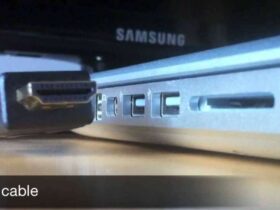
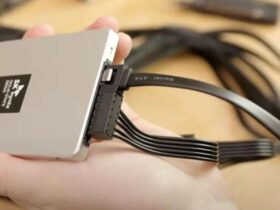
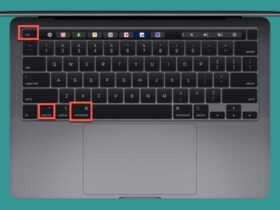
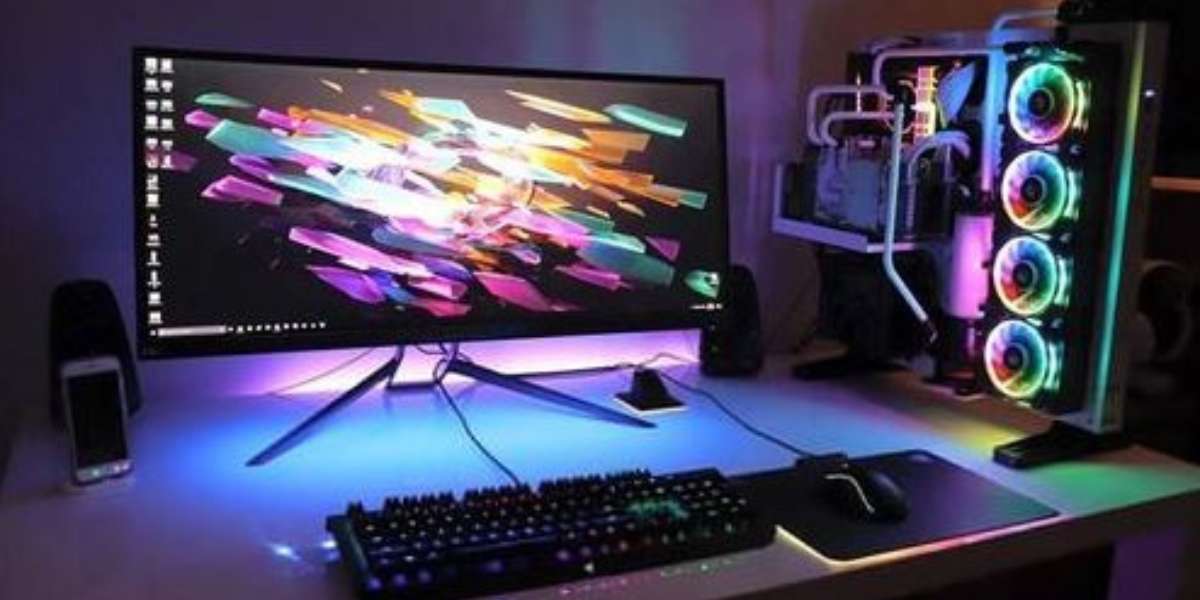



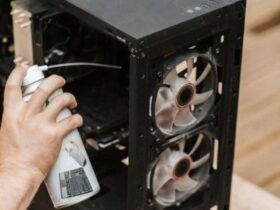
Leave a Reply